Antibody Discovery in the AI Age: Early, But Promising
In the rapidly evolving landscape of therapeutic and diagnostic innovation, antibody discovery stands at the forefront—powered by the precision and speed of artificial intelligence. As researchers navigate complex data, diverse targets, and the urgent need for efficiency, AI is emerging as a game-changer in identifying, designing, and optimizing monoclonal antibodies. This blog explores how AI is accelerating breakthroughs and reshaping the future of antibody development.
Antibodies, also called immunoglobulins, are Y-shaped glycoproteins produced by B cells as part of the immune response against infection by bacteria, viruses, and fungi. Antibodies have variable and constant regions; the variable regions include the antigen-binding regions.
Monoclonal antibodies – clones of a single antibody – are used as therapeutics and diagnostics, and they also play an important role in research.
Rituximab (Rituxan) was the first monoclonal antibody approved for the treatment of cancer in 1986. Monoclonal antibodies have since been approved for treating autoimmune and infectious diseases. Antibody-drug conjugates are monoclonal antibodies linked to a cytotoxic drug which target and deliver the drug to a tumor. To avoid the body eliciting an immune response to antibodies administered to patients as a therapeutic or diagnostic, they must be fully human or humanized.
In diagnostics, monoclonal antibodies are everywhere from pregnancy tests and COVID-19 rapid kits to tumor marker assays and diagnostic imaging (when tagged with radioactive agents). They are also indispensable in the lab, used to detect and isolate specific molecules from complex mixtures.
As of 2024, the global monoclonal antibody market stands at a staggering $185.6 billion and it is projected to more than double, reaching $490.4 billion by 2032, according to Market Research Community.
Finding the Right Antibodies
Antibody discovery begins with identifying the right target. Around 11% of human genes code for cell membrane proteins, and there is only an understanding of the role in health and disease of a fraction of these. Bacteria, viruses, and fungi carry proteins on their surfaces. Each protein has several epitopes. This translates to a vast and diverse number of potential antibody targets, more than could ever be assessed in the laboratory.
The next step is the generation of a large pool of antibodies that bind to the desired target.
- Transgenic mice genetically modified to have a human-like immune system can generate a selection of fully human monoclonal antibodies
- Phage display uses bacteriophages that display proteins to find antibodies that recognize specific antigens
- Recombinant expression systems, including bacterial and mammalian cell setups can be used to generate antibodies
The antibodies are purified and characterized, and then screened to find the ones with the desired binding properties, mode of action, immunogenicity, solubility, and stability, and exclude those that could potentially be toxic. The screening process, however, can be costly, labor-intensive, and time-consuming, and may result in false positives and false negatives.
Bringing AI Into Antibody Discovery
The goal of antibody discovery has always been fairly straightforward: to make the process faster and more accurate, with fewer false-positives and negatives, and at a lower cost. AI, machine learning (ML) and advanced analytics are beginning to play a meaningful role in this process.
Here is one example that stands out. Researchers came up with the theory that blocking both IL-17A and IL-17F would be an effective approach in plaque psoriasis, but screening billions of possibilities produced no suitable candidates. At that point, AI and ML came into play, leading to the design of bimekizumab, a monoclonal antibody targeting IL-17A and IL-17F. This monoclonal antibody has two arms, and each attach to both IL-17A and IL-17F. As one of the first AI/ML-designed antibodies to reach the market, its standout feature is the flexible design, guided by data on molecular interactions Beyond just predicting structures, AI is opening doors to designing antibodies for entirely new targets even ones that have never been explored before.
One of the biggest challenges in antibody development is developability, how stable, soluble, and manufacturable a candidate is. Traditionally, these factors are assessed much later in the pipeline, often after considerable time and resources have already been invested. Being able to predict developability early, even as early as the in-silico stage, would allow drug developers to ‘fail fast’ and focus only on the most promising leads. By analyzing massive datasets including published research, clinical trial data, and experimental results ML models can predict an antibody’s interaction with antigens, its immunogenicity, and other key properties, helping to prioritize the best candidates for further optimization.
AI is also reshaping how antibodies are engineered. Deep learning models can now predict antibody structures directly from amino acid sequences, while AI-driven design is enabling the creation of more effective, highly specific antibodies with stronger binding affinities and improved therapeutic properties, pushing antibody production beyond those created in cells or animals.
As AI continues to advance, it has the potential to redefine antibody discovery and development, making life-saving treatments more precise, scalable, and efficient than ever before.
The Future of Antibody Discovery
The antibody marketplace is a busy, competitive, and fast-evolving one, and to succeed, antibody development needs to be as efficient, fast, and cost-effective as possible, while remaining focused on the patients who receive the agents as diagnostics or therapeutics. Advanced data analytics and AI, in combination with expert science, is already showing potential to move antibody discovery and development forward. As existing AI and ML tools are improved and new tools developed, the future is looking bright for researchers working to get the right drugs and diagnostics into the hands of more patients and healthcare professionals.
At Agilisium, we are committed to advancing AI-assisted antibody drug discovery with a robust suite of Gen AI and data analytics solutions. Our technologies integrate and manage data from diverse sources, leveraging predictive analytics and deep learning to generate real-time, actionable insights for faster, more informed decision-making.
In therapeutic discovery and development, data can often be fragmented and inconsistent. Our Observability Agent ensures data accuracy and reliability, providing a strong foundation for analysis. The Insights Generation Agent, designed specifically for life sciences, seamlessly integrates vast datasets and transforms them into decision-ready insights. Meanwhile, the Content Generation Agent streamlines the creation of regulatory-compliant content tailored to various stakeholders.
To find out more, visit www.agilisium.com or send us an email at sales@agilisium.com.


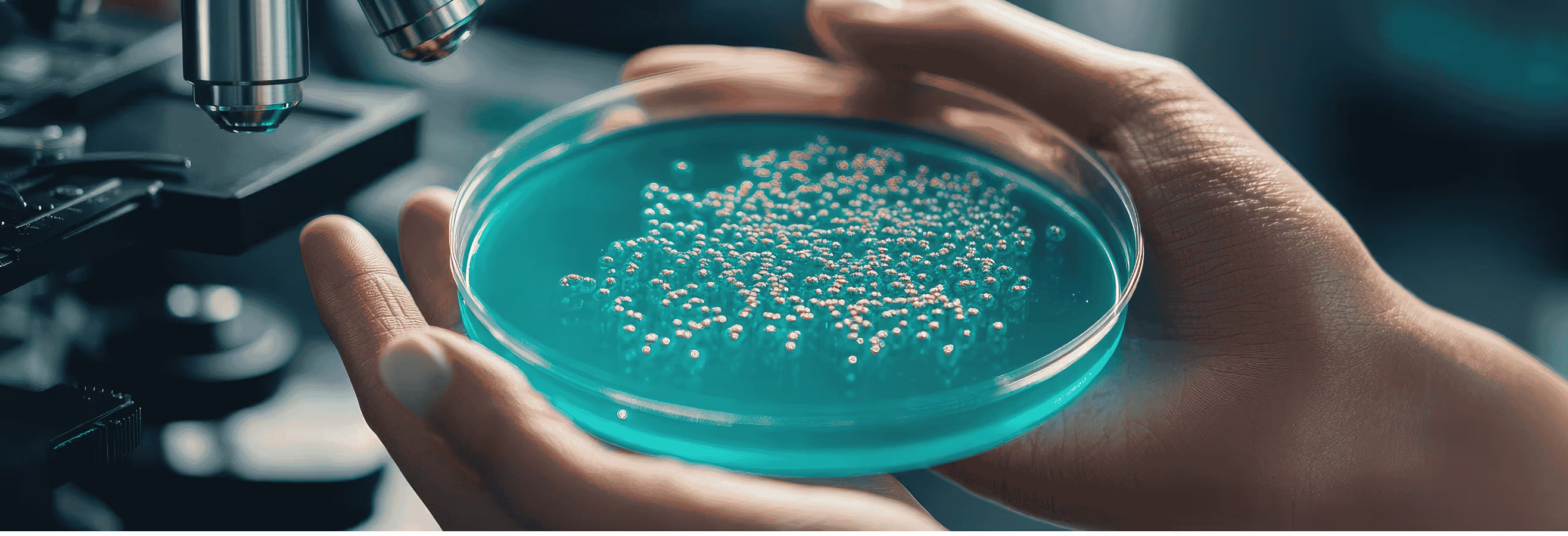


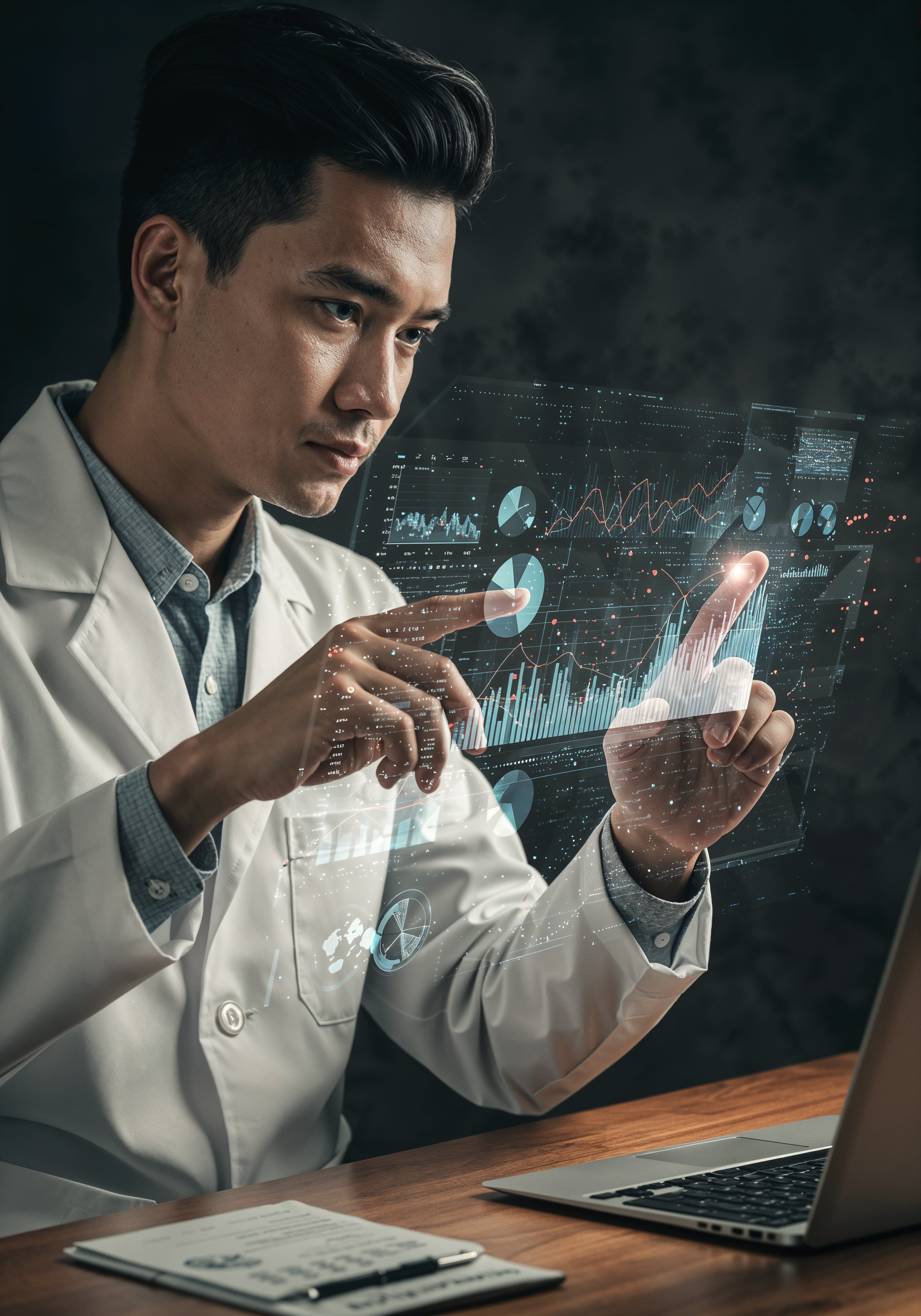
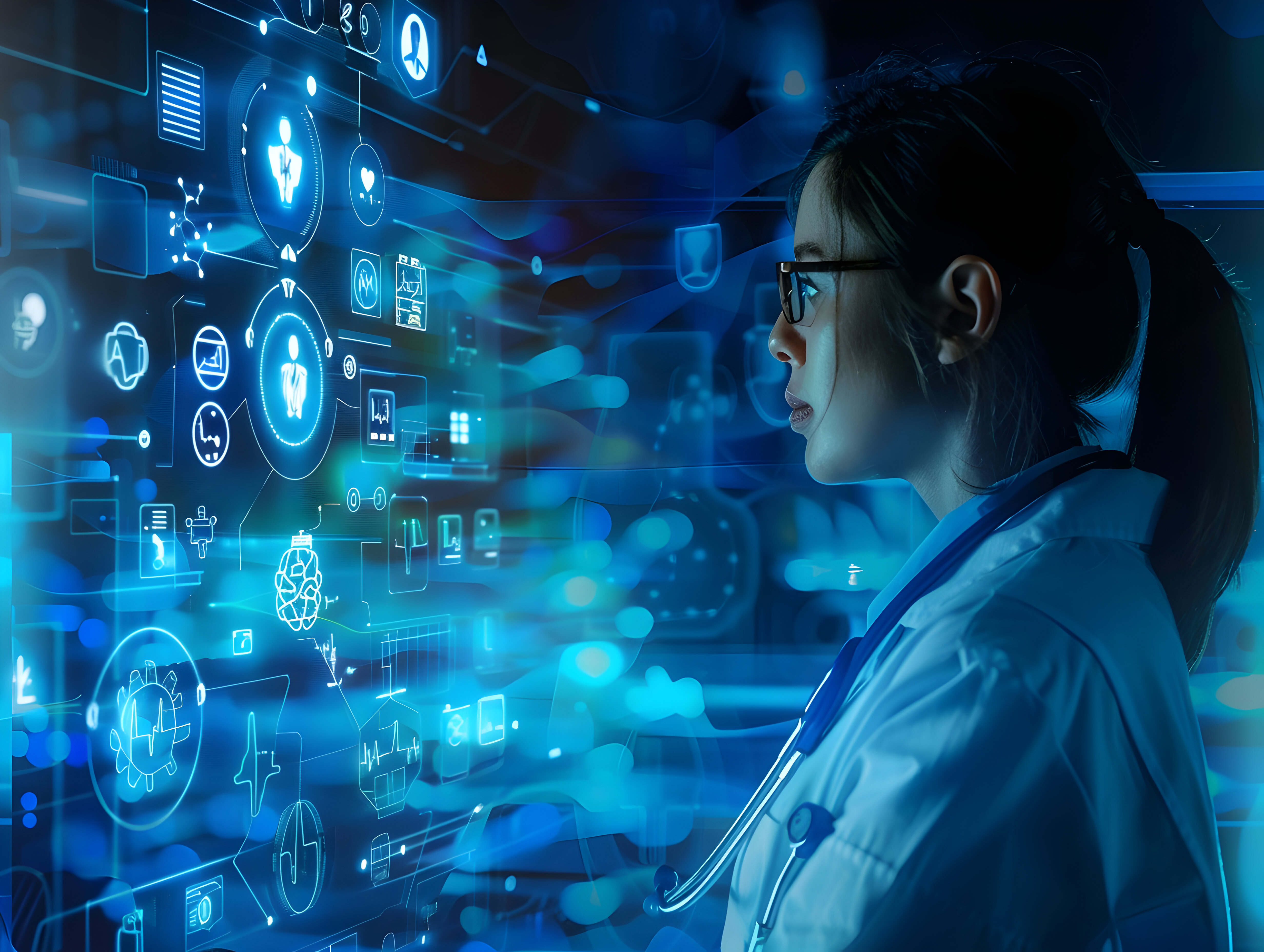

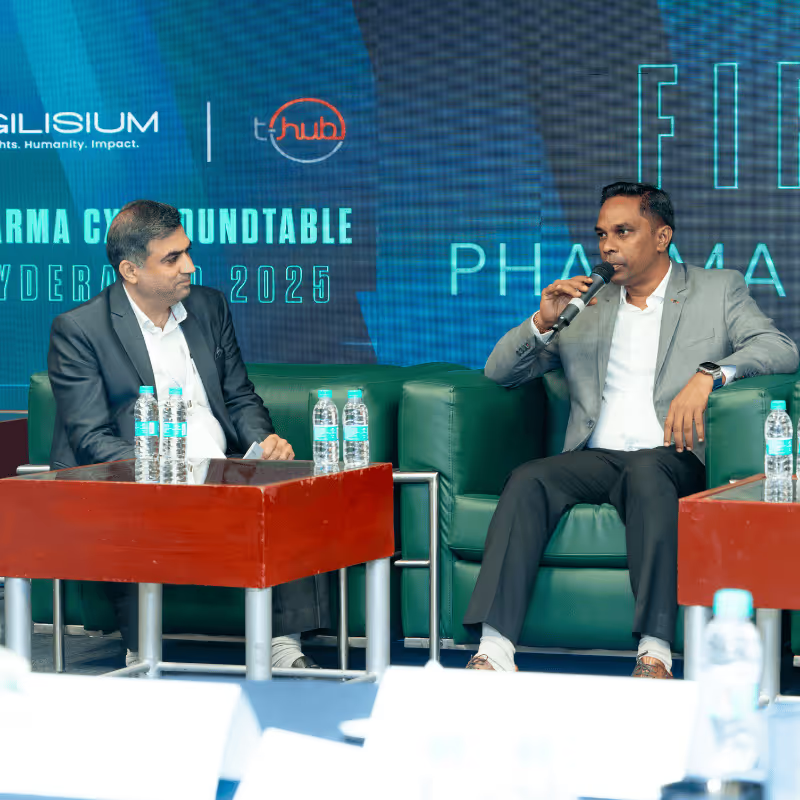

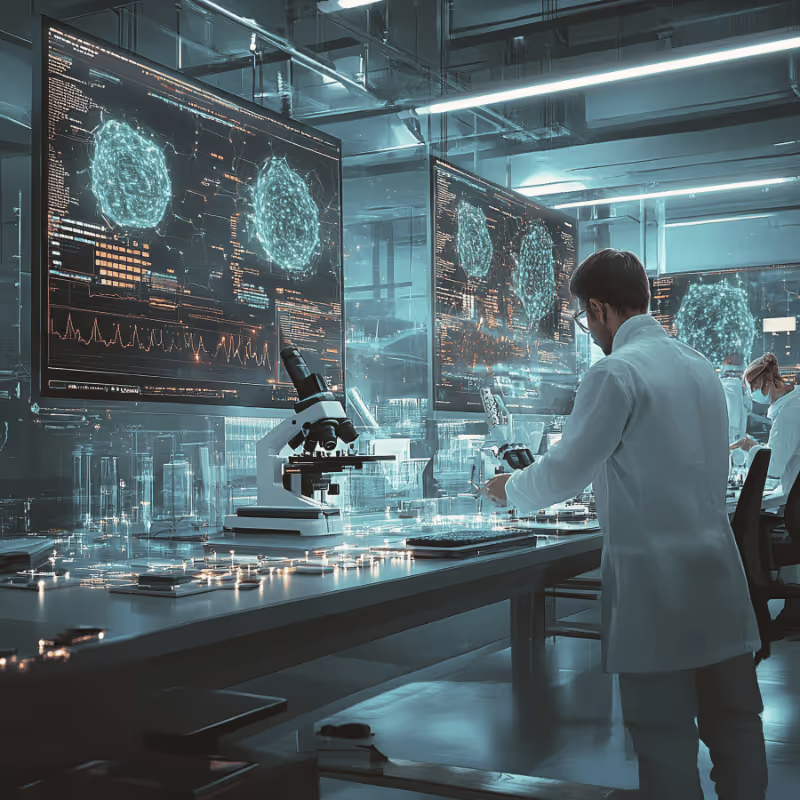
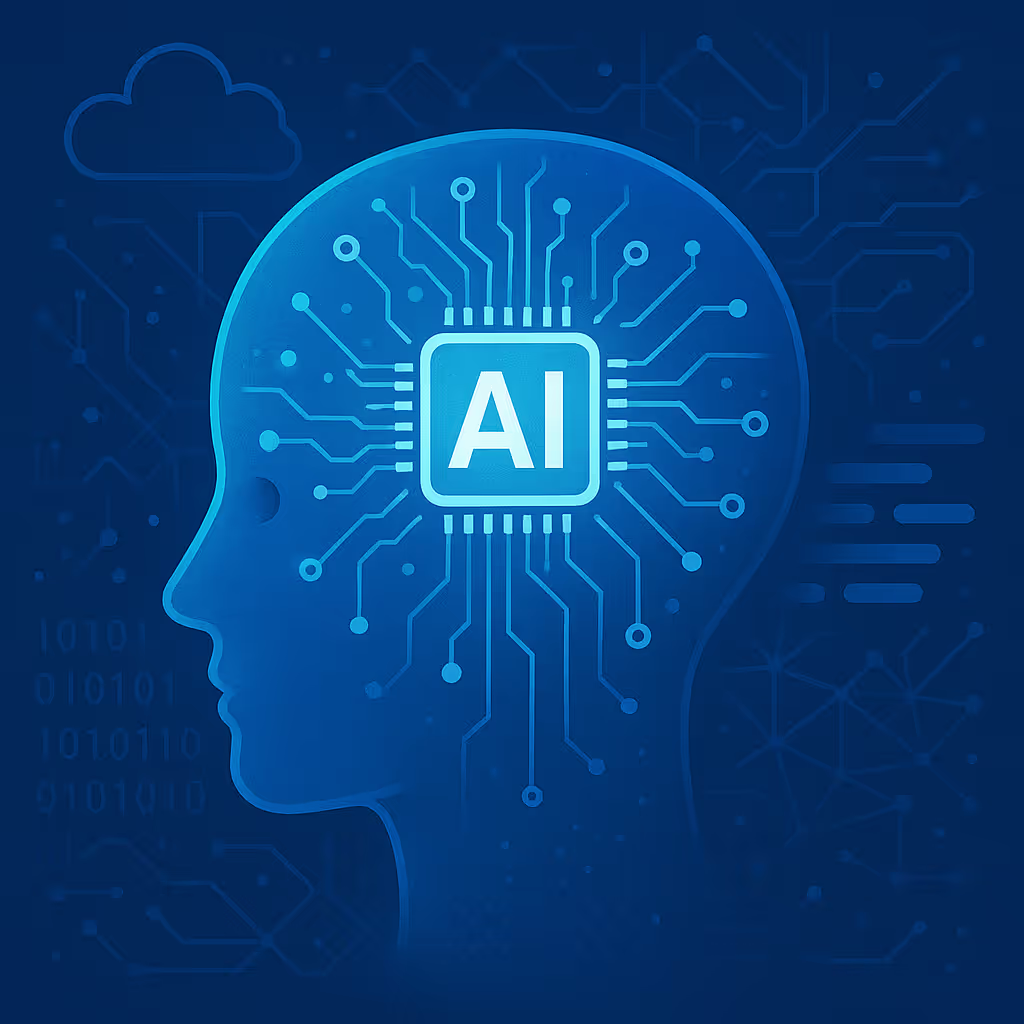


%20(7).avif)
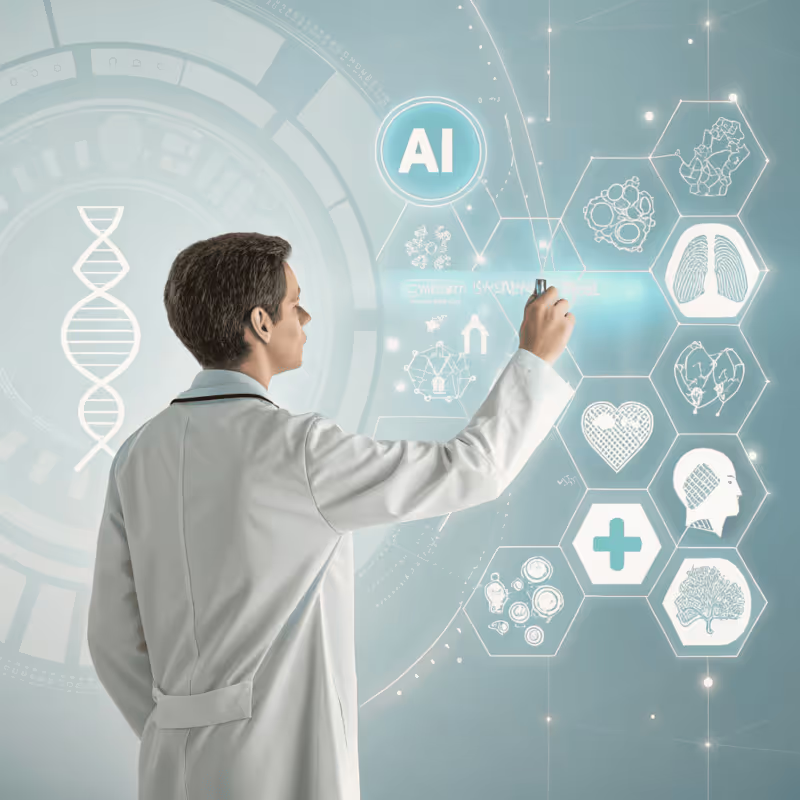

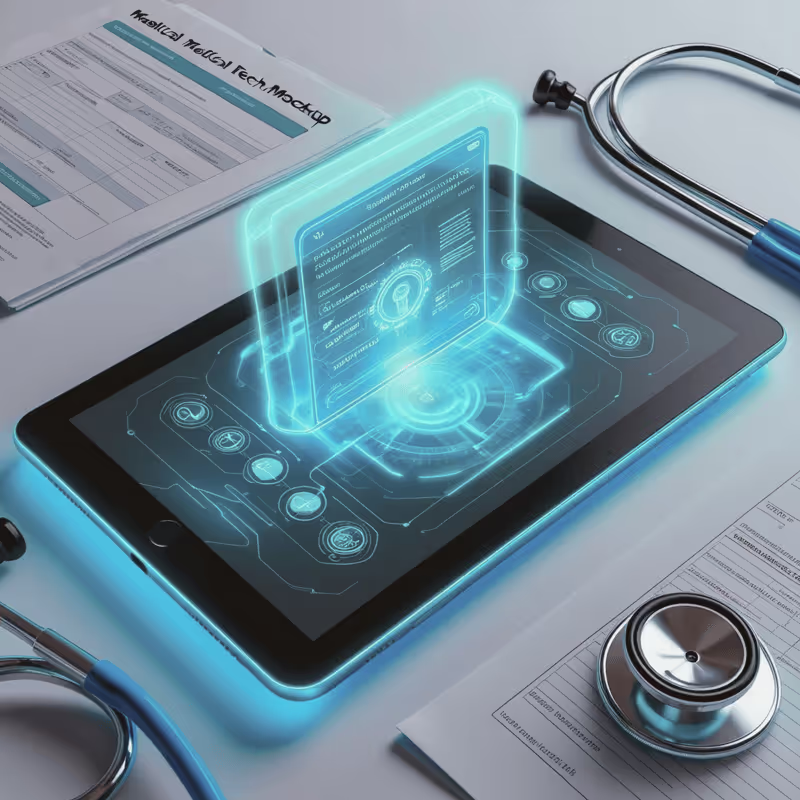
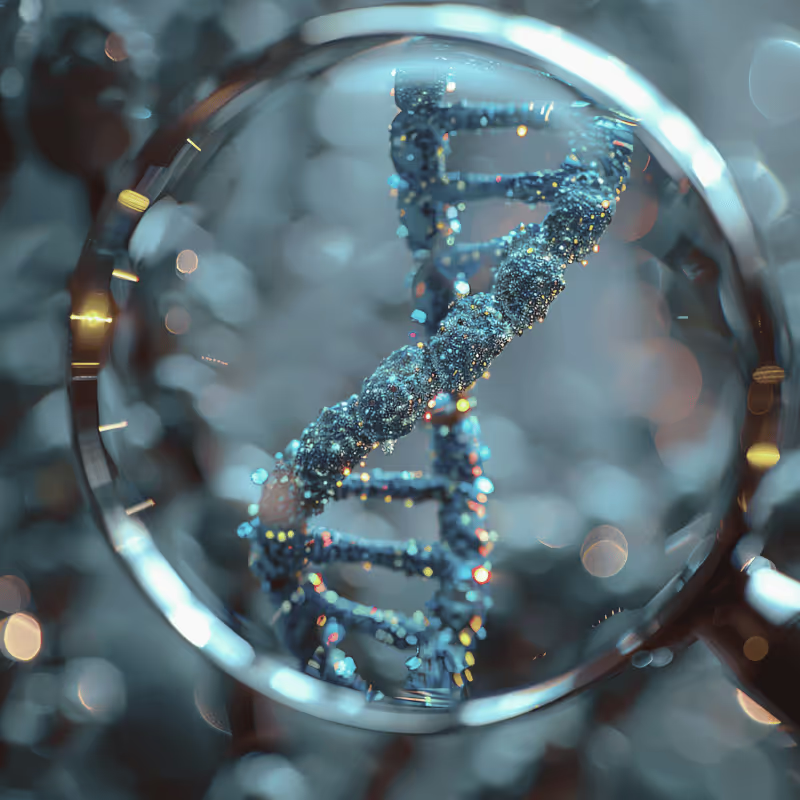

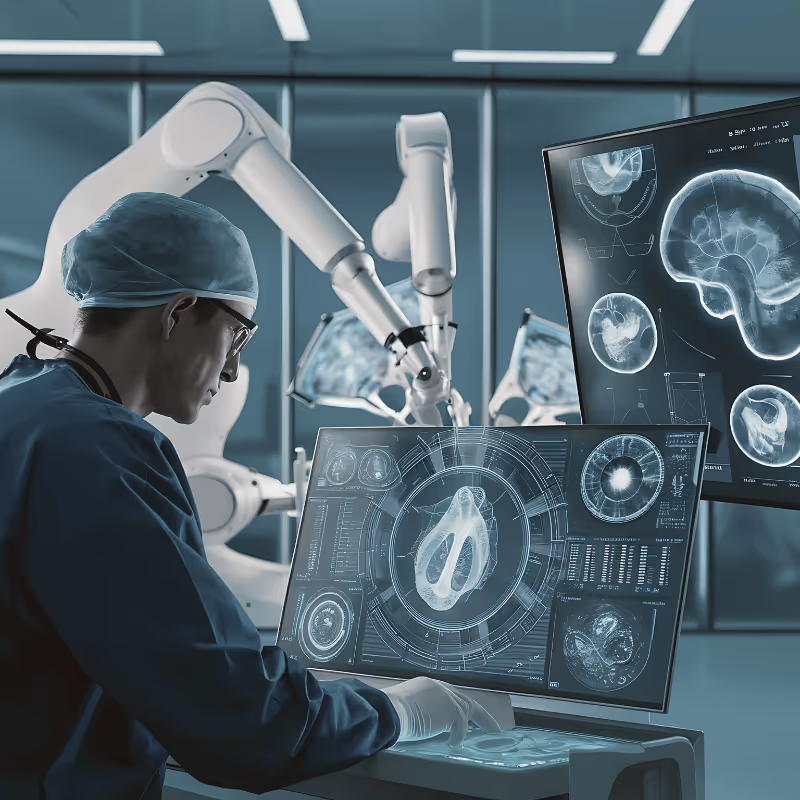








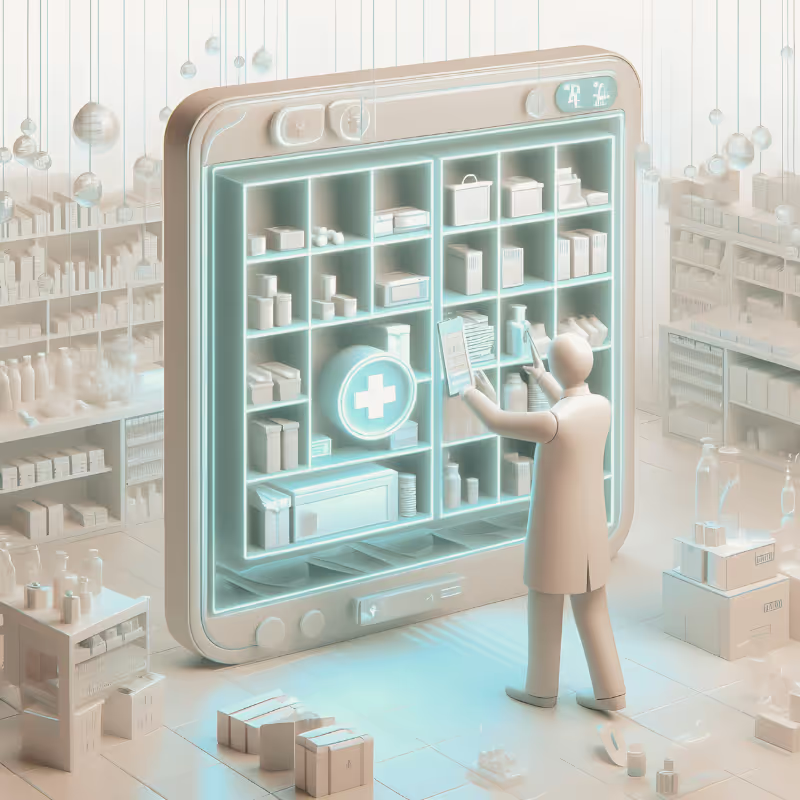
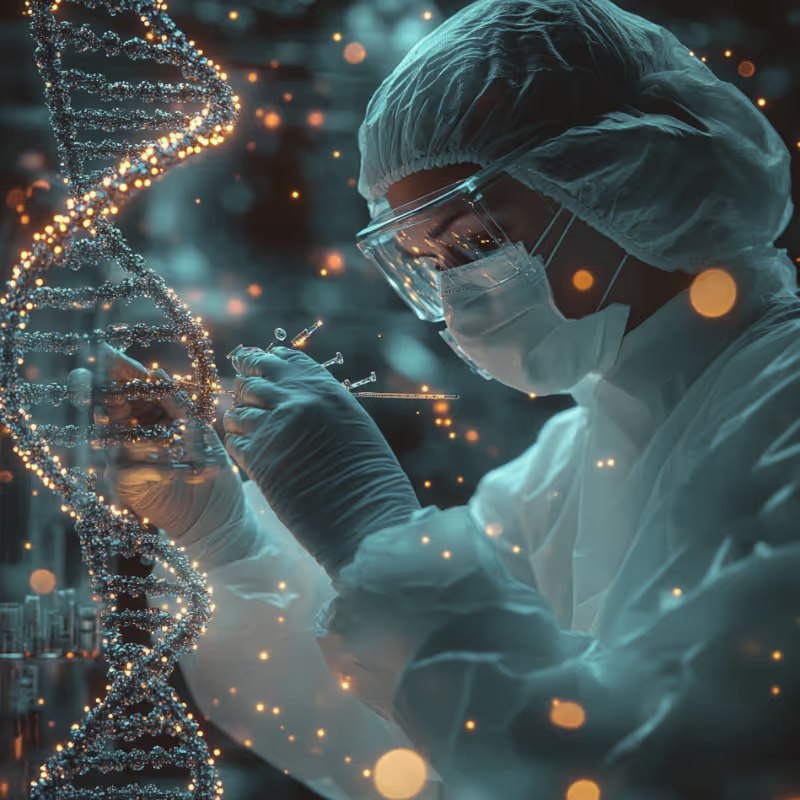



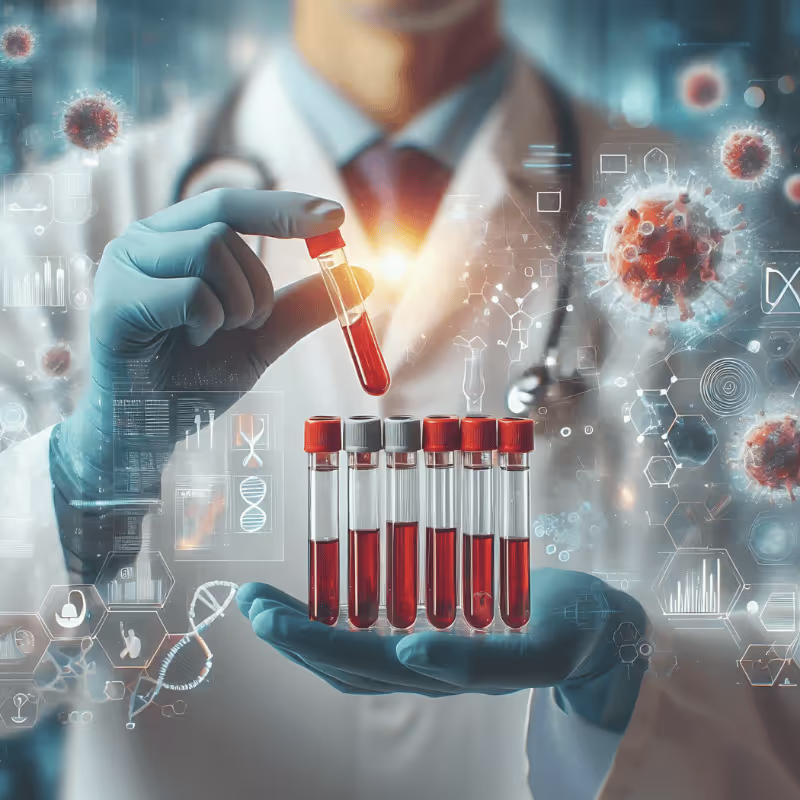

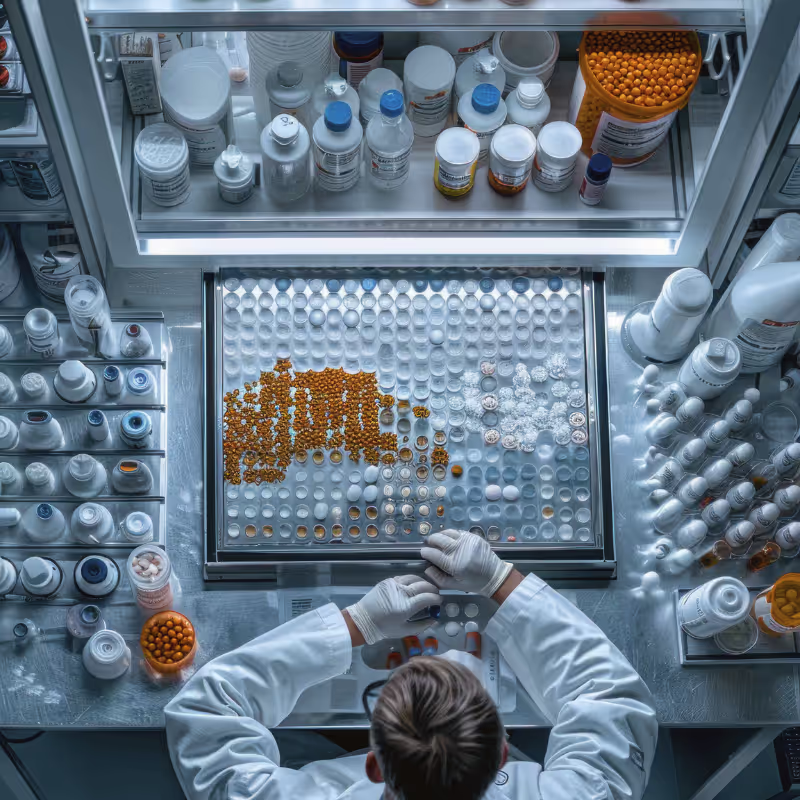
%20(5).avif)
.avif)


